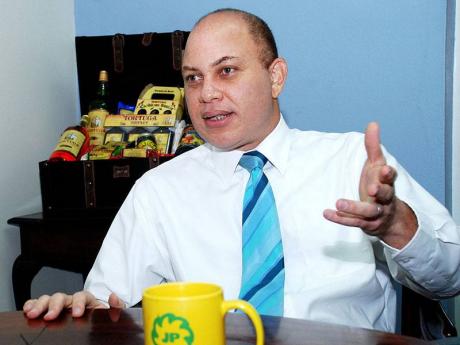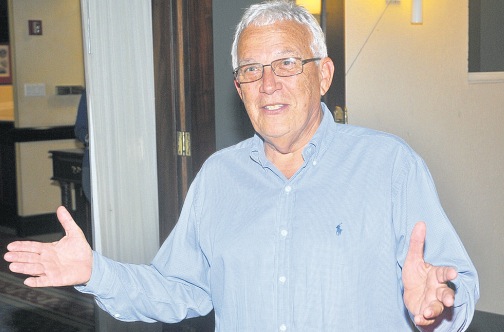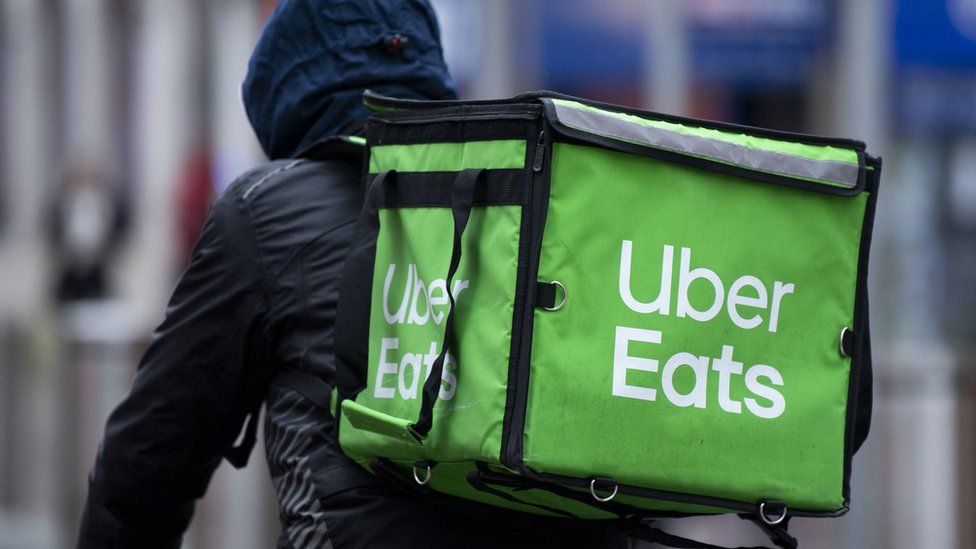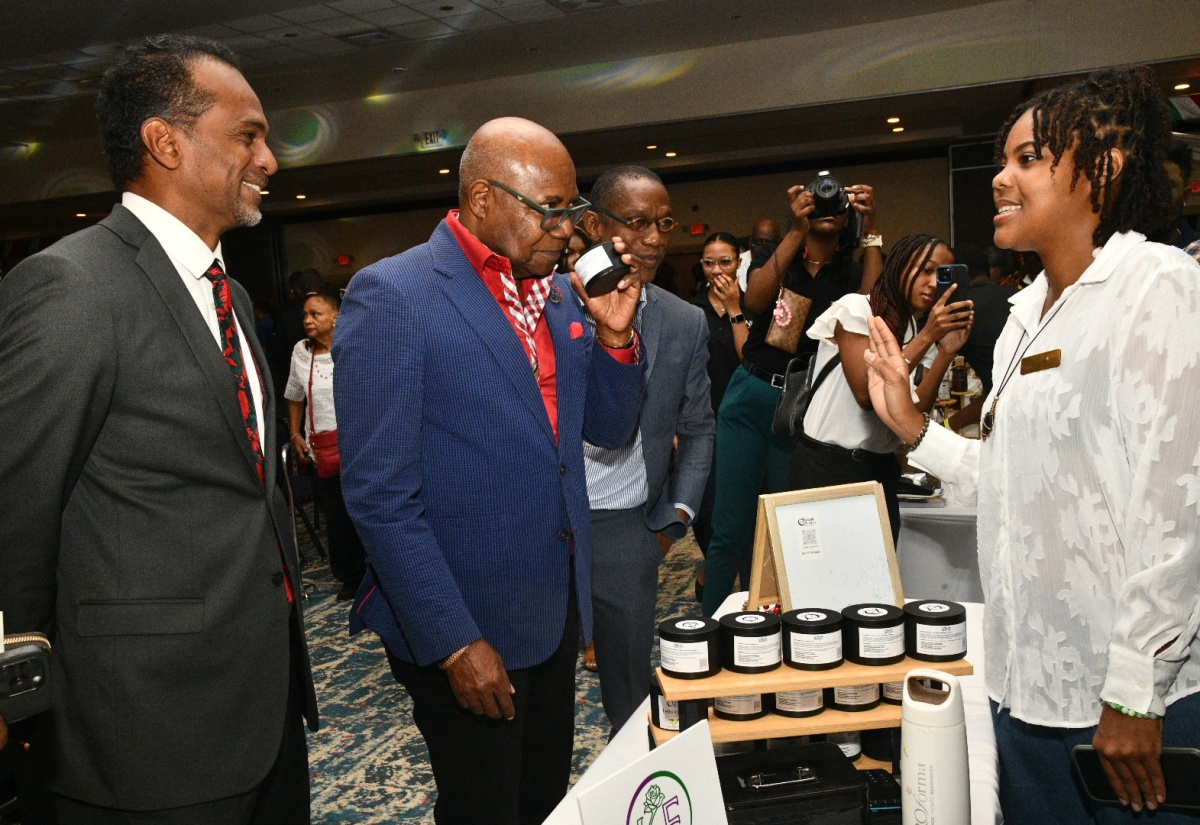Businessuite News24
Businessuite 2017 Top JAMAICA CEO Main Market – Jeffrey McG. Hall Group Managing Director Jamaica Producers Group

Businessuite News24
Jamaica Records US$2.4B in Earnings From 2.3 Million Visitor Arrivals Since Start of 2025
Business Insights
Unilever’s Ice Cream Breakup: Why the World’s Biggest Ice Cream Maker Is Spinning Off Its Sweetest Business
In the Caribbean, consumers are unlikely to see immediate changes. Magnum, Cornetto, and Ben & Jerry’s will still be on shelves. But behind the scenes, distribution contracts, manufacturing strategies, and regional employment structures may evolve. For Unilever, it is one more step towards becoming a leaner consumer goods giant, one that believes future growth lies not in ice cream freezers but in personal care aisles and health cabinets.
Businessuite News24
Jamaica Market Entry via Acquisition: Uber Eats’ Potential Playbook
“An Uber Eats acquisition would be a seismic shift for Jamaica’s food delivery market—creating opportunities for founders and consumers, but risking local economic leakage, higher merchant fees, and reduced entrepreneurial diversity.”
Business Insights
Jamaica, Is Uber Eats Coming Soon?
Local platforms aren’t just incumbents—they’re innovators with diversified offerings, profitability, and brand loyalty. If they move fast—improving UX, expanding services, and forging local partnerships—they can front run Uber Eats, closing the window on foreign intrusion.
Businessuite News24
Scores of Entrepreneurs Display Jamaican-Made Products at ‘Christmas in July’ Trade Show
-

 Businessuite News242 weeks ago
Businessuite News242 weeks agoJamaica Records US$2.4B in Earnings From 2.3 Million Visitor Arrivals Since Start of 2025
-

 Businessuite Women4 weeks ago
Businessuite Women4 weeks agoData Mavericks of the Caribbean: Raquel Seville & Dataffluent’s Visionary Rise
-

 Business Insights4 weeks ago
Business Insights4 weeks agoBusinessuite Cover Story: Too Much Power? Governance Risks Rise as Tyrone Wilson Consolidates Leadership at Kintyre and Visual Vibe
-

 Businessuite Markets4 weeks ago
Businessuite Markets4 weeks agoBusinessuite Cover Story: Wigton’s Bold Bet – Could Tropical Battery Be the Key to Its Caribbean Clean Energy Empire?
-

 Business Insights2 weeks ago
Business Insights2 weeks agoUnilever’s Ice Cream Breakup: Why the World’s Biggest Ice Cream Maker Is Spinning Off Its Sweetest Business
-

 Businessuite Markets4 weeks ago
Businessuite Markets4 weeks agoKintyre Holdings Actively Pursuing Funding To Support Expansion Of Visual Vibe
-

 Businessuite News242 weeks ago
Businessuite News242 weeks agoJamaica Market Entry via Acquisition: Uber Eats’ Potential Playbook
-

 Business Insights2 weeks ago
Business Insights2 weeks agoJamaica, Is Uber Eats Coming Soon?








 Meanwhile, Mr. Bartlett anticipates a significant increase in tourism earnings for the current quarter, compared to the corresponding period last year, which is attributable to the sector’s strong rebound from the disruptions caused by Hurricane Beryl.
Meanwhile, Mr. Bartlett anticipates a significant increase in tourism earnings for the current quarter, compared to the corresponding period last year, which is attributable to the sector’s strong rebound from the disruptions caused by Hurricane Beryl. Unilever’s decision to separate its global ice cream business marks a turning point for the British-Dutch consumer goods giant, ending a long chapter defined by household brands like Magnum, Ben & Jerry’s, and Wall’s. For Caribbean markets, including Jamaica and Trinidad where Unilever’s ice cream presence has been part of local summers for decades, the announcement signals more than just a corporate restructuring – it reveals how major multinationals are rethinking their portfolios in an era where margins matter as much as market share.
Unilever’s decision to separate its global ice cream business marks a turning point for the British-Dutch consumer goods giant, ending a long chapter defined by household brands like Magnum, Ben & Jerry’s, and Wall’s. For Caribbean markets, including Jamaica and Trinidad where Unilever’s ice cream presence has been part of local summers for decades, the announcement signals more than just a corporate restructuring – it reveals how major multinationals are rethinking their portfolios in an era where margins matter as much as market share.




 1. Deep Local Insight
1. Deep Local Insight


